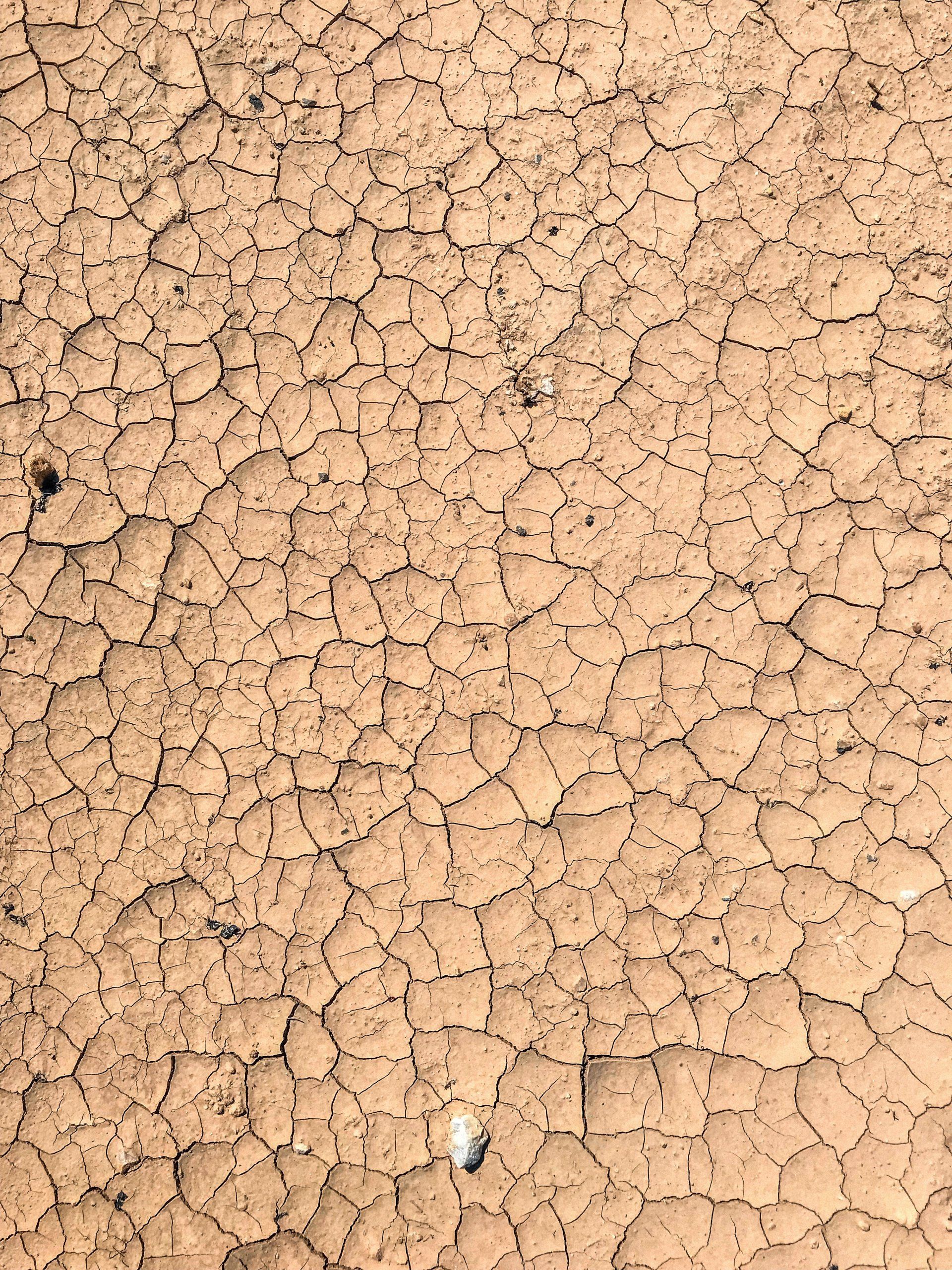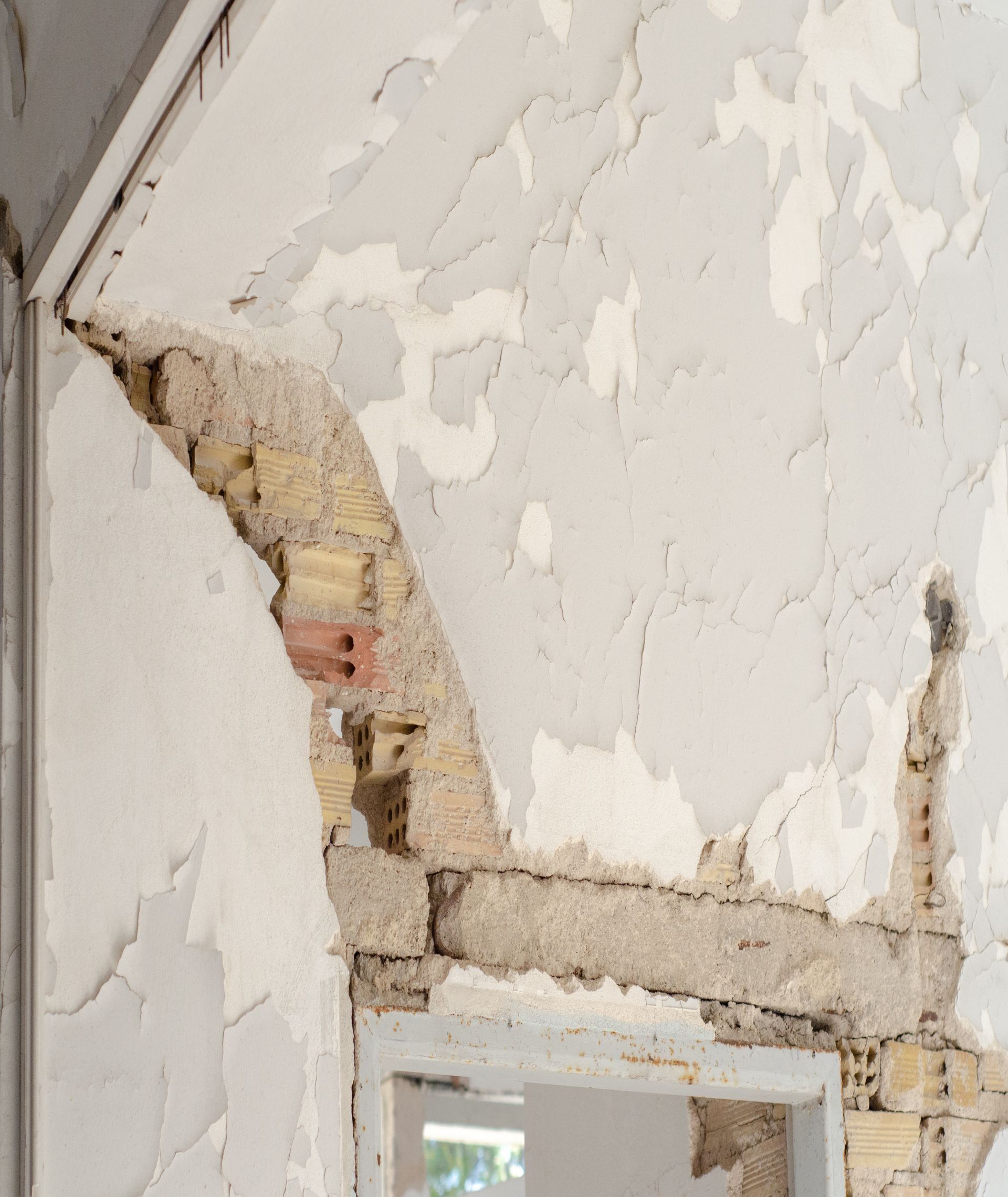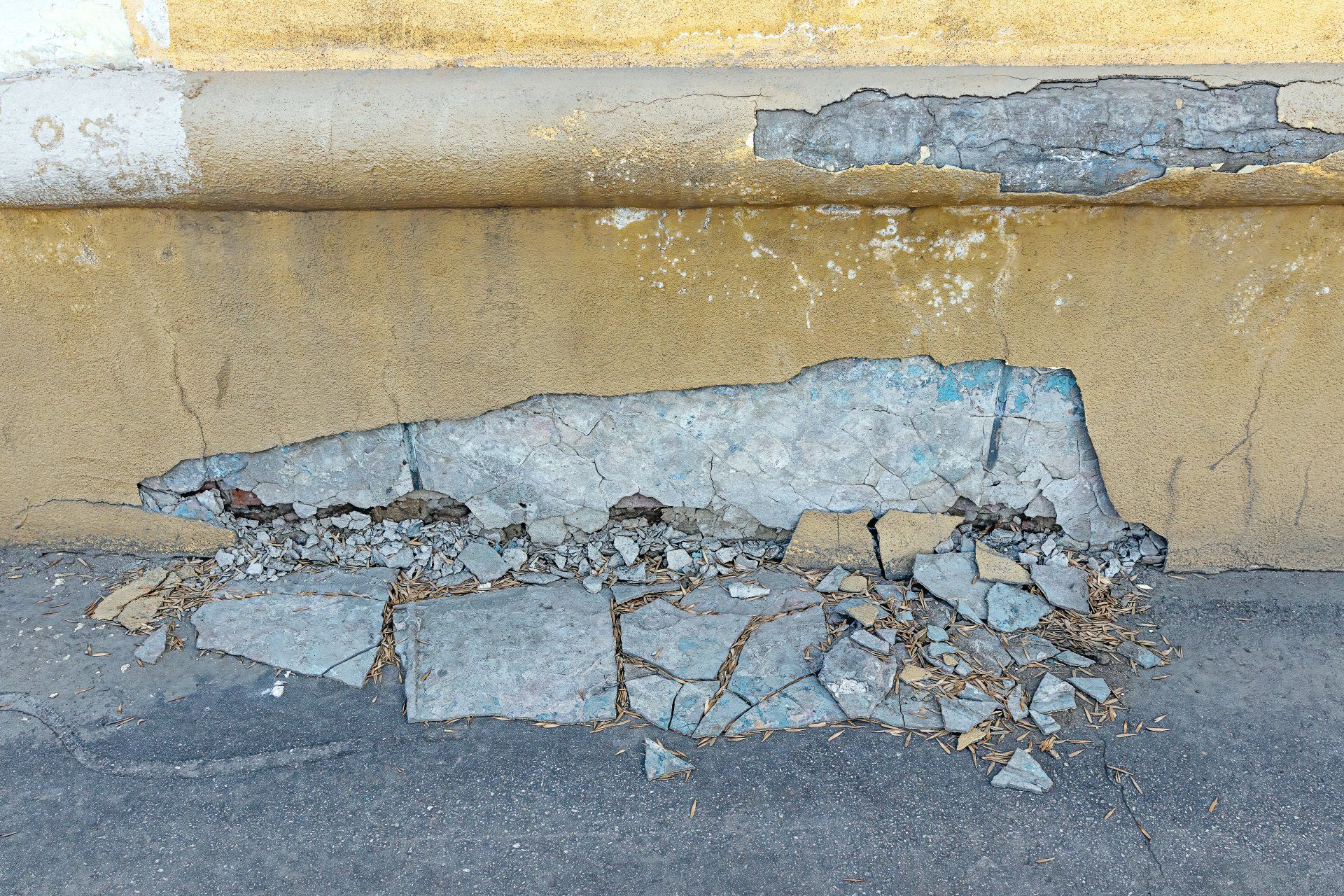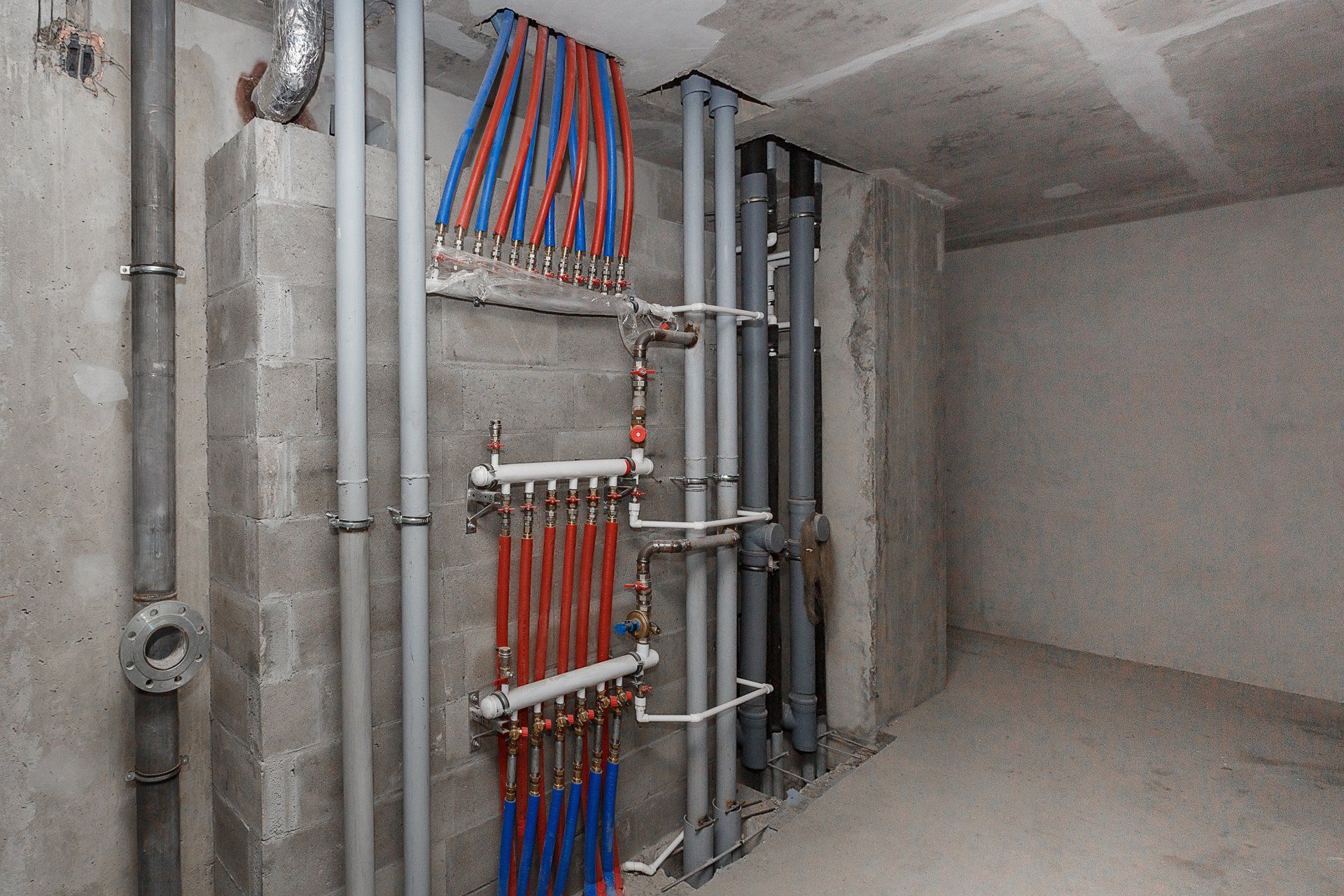Types of Basement Cracks and What They Mean
Understanding and Addressing Cracks in Basement Floors and Walls
Basement cracks can be a homeowner's nightmare, leading to structural issues, water damage, and costly repairs. Understanding the types of cracks in basement floors and walls is essential to addressing problems early and effectively. In this article, we’ll explore the various types of
basement cracks and what they indicate about the condition of your foundation.

Vertical Cracks
Vertical cracks in basement walls are the most common type and often result from concrete shrinkage as it cures. While these cracks in basement walls are usually not structurally significant, they can still allow water to seep through, leading to moisture issues. If you notice water coming through cracks in the basement wall, it’s essential to address them to prevent further damage.
Horizontal Cracks
Horizontal cracks in basement walls are more serious and often indicate significant foundation movement or pressure from the soil outside. These cracks can suggest that your foundation is bowing or tilting, which can compromise the structural integrity of your home. If you spot a horizontal crack in a basement foundation wall, it’s crucial to seek professional help immediately.
Diagonal Cracks
Diagonal cracks typically occur due to differential settlement of the foundation. This means that one part of the foundation is settling faster than the rest, creating stress and causing cracks. Diagonal cracks can lead to more severe foundation issues if not addressed promptly, especially if they appear near corners of basement walls.
Stair-Step Cracks
Stair-step cracks follow the mortar joints in concrete block walls and resemble a staircase pattern. These cracks are usually a sign of differential settlement or soil movement. Like diagonal cracks, stair-step cracks can lead to significant structural problems if ignored.
Cracks in Basement Floor
Cracks in basement floors are common and usually occur due to shrinkage of the concrete or settling of the soil underneath. While small cracks might not be a major concern, larger cracks in basement floors leaking water can indicate serious issues with water infiltration or soil movement beneath your home. Fixing cracks in basement floors early can prevent more significant problems down the line.
Foundation Cracks in Basement
Foundation cracks in basement walls or floors can be a sign of serious structural issues. These cracks often result from settling, soil pressure, or changes in moisture levels in the soil around your foundation. A leaking crack in a basement wall or water coming through cracks in a basement wall can cause further damage and should be addressed promptly.
Crack in Basement Wall Leaking Water
When you find a crack in a basement wall leaking water, it’s crucial to take immediate action. Water infiltration can lead to mold growth, structural damage, and health issues. Sealing the crack and addressing the source of the moisture is essential to prevent further problems.
What to Do About Basement Cracks
If you notice any of these cracks in your basement, it’s important to assess their severity and take appropriate action. For minor cracks, applying a concrete sealant can help prevent water infiltration. However, for larger or more serious cracks, especially those showing signs of structural damage or water leaks, it’s best to consult with a professional.
Professional services for basement crack repair, foundation underpinning, and waterproofing can help ensure your home remains safe and stable. Addressing foundation cracks in the basement early can save you from more costly repairs and potential hazards in the future.
Preventative Measures and Long-Term Solutions
Preventing cracks in basement floors and walls involves maintaining proper drainage around your home. Ensure that your gutters and downspouts are directing water away from the foundation. Installing a basement drain system can also help manage groundwater and reduce hydrostatic pressure that contributes to cracks.
Additionally, regular inspections by a foundation specialist can catch early signs of trouble before they become major issues. Implementing waterproofing measures, such as exterior waterproofing membranes and interior drain tiles, can provide an added layer of protection against water infiltration and foundation damage.
Fixing Cracks in Basement Floors and Walls
Addressing cracks in basement floors leaking water is crucial to maintaining a dry and stable foundation. The first step is to identify the source of the water. This might involve checking for poor drainage around the foundation or examining the grading of the soil. Once the source is identified, you can apply sealants or epoxy injections to fill the cracks and prevent further water ingress.
For a leaking crack in a basement wall, a more comprehensive approach might be necessary. This could include installing interior or exterior waterproofing systems to redirect water away from the foundation. In some cases, foundation underpinning might be required to stabilize the foundation and
prevent further cracking.
Conclusion
Cracks in basement floors and walls are common but should not be ignored. Understanding the types and causes of these cracks can help you take the necessary steps to maintain your home’s structural integrity. Whether it’s fixing cracks in basement floors or addressing a leaking crack in a basement wall, proactive measures can prevent larger issues and keep your home dry and safe.
For professional advice and services, consider reaching out to experts in basement underpinning, foundation repair, and waterproofing to protect your investment and ensure peace of mind. Remember, early intervention and preventative measures are key to maintaining a strong and stable foundation.



